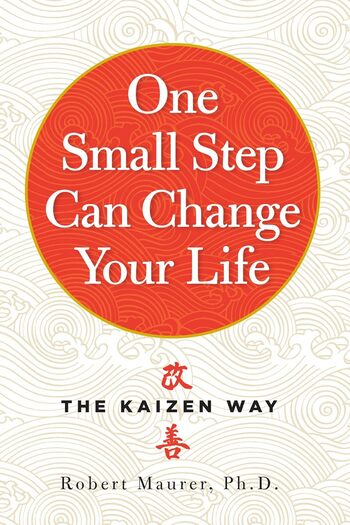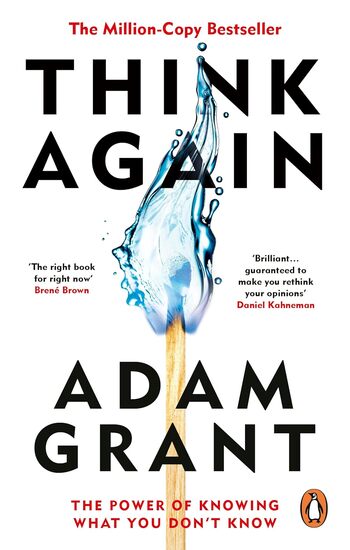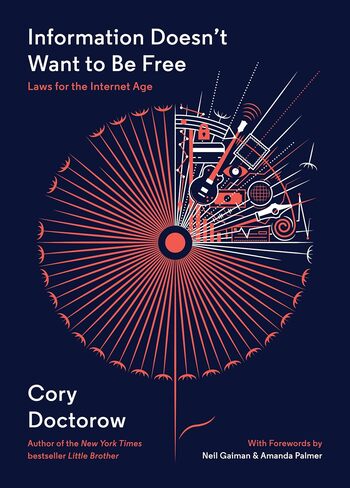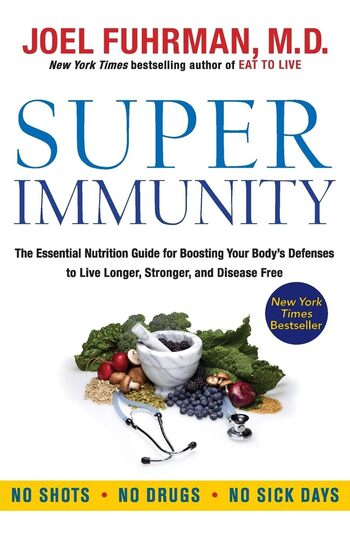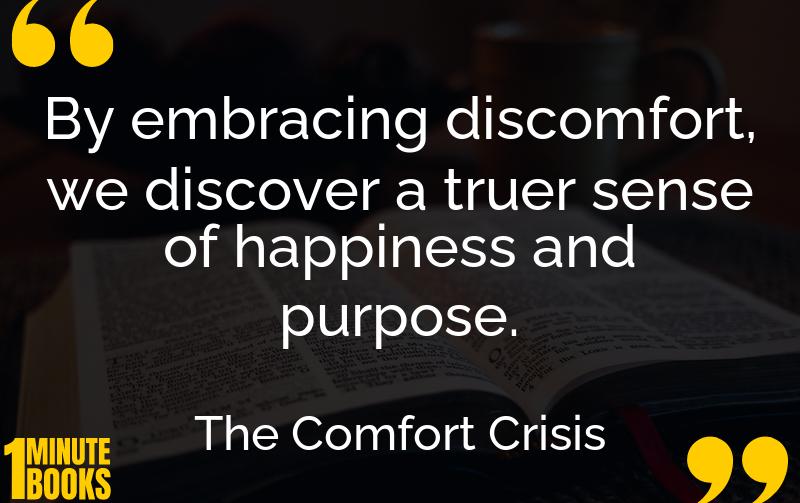
The Comfort Crisis explores how stepping out of modern comforts can lead to personal growth and happiness. Through experiences like hunting in the Alaskan wilderness, Easter advocates for challenging the mind and body.
Main Lessons
- Modern comforts might lead to dissatisfaction, despite making life easier.
- Experiencing discomfort can improve both mental and physical well-being.
- Challenges, like rites of passage, can build resilience and identity.
- Boredom and solitude are essential for creativity and deeper self-reflection.
- Spending time in nature has proven benefits for both mental health and physical well-being.
- Learning to differentiate between cravings and real hunger can promote healthier eating habits.
- Fasting can provide health benefits, promoting bodily processes that combat diseases.
- Reflecting on mortality can lead to a more meaningful life, as practiced in Bhutan.
- Exercise, especially outdoors and with others, is more effective and enjoyable.
- Our historical lifestyle of carrying weights fosters a healthier physical condition.
- Questioning societal norms, like hygiene standards, may help align with natural health practices.
- New and intense experiences can add meaning and richness to life.
- Challenges might be uncomfortable, but they often lead to a meaningful and fulfilling life.
